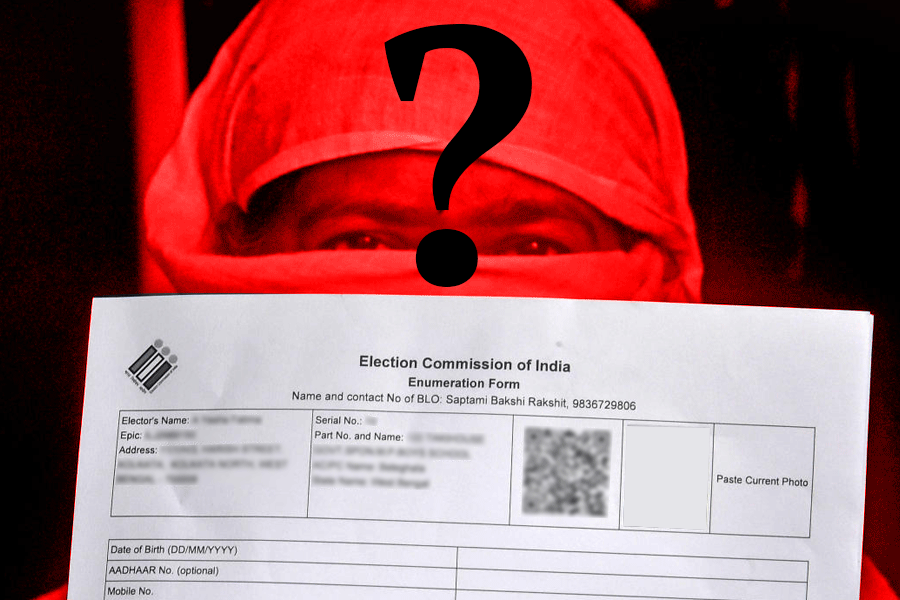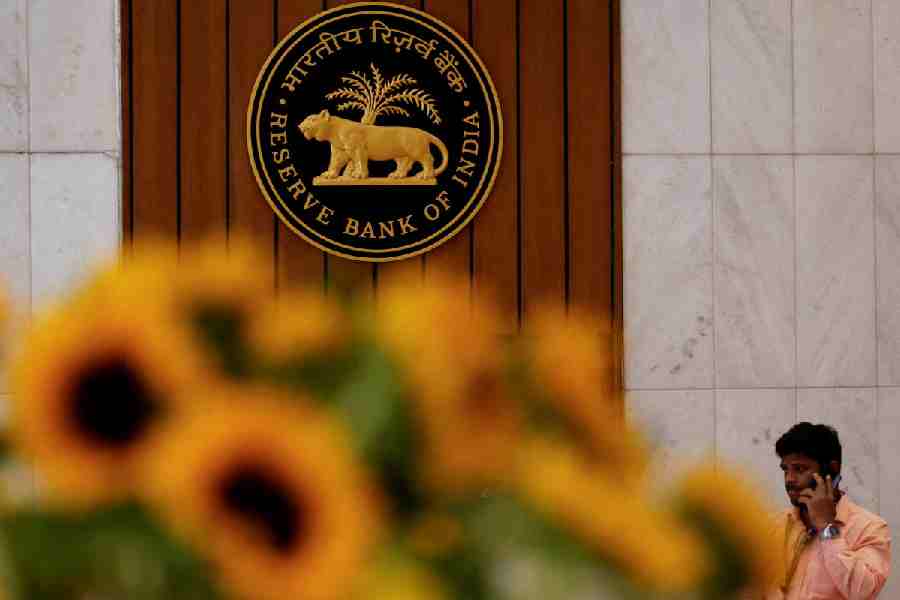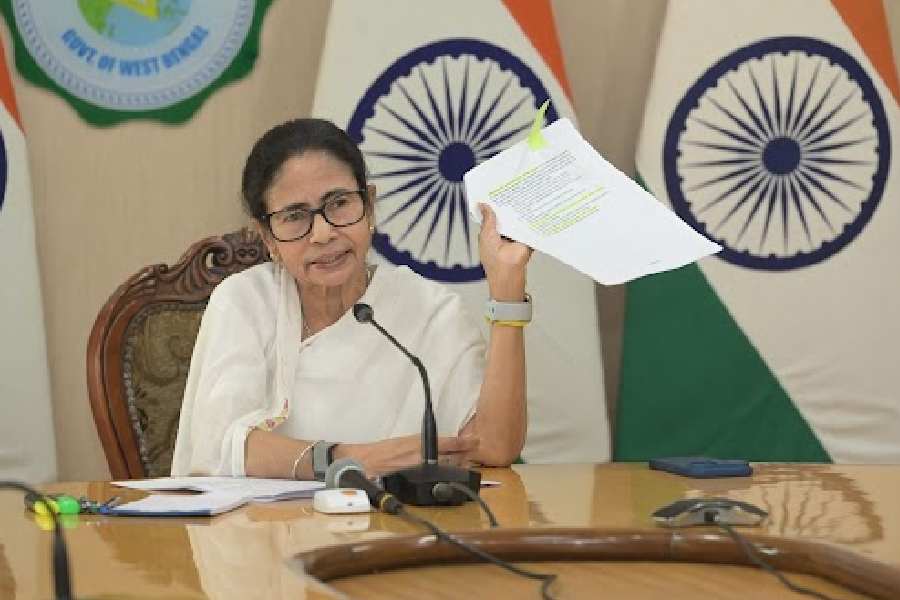Football gold medal in 1951, New Delhi: India, which hosted the 1951 Asian Games in New Delhi, bagged the football gold medal with a 1-0 victory over mighty Iran in a hard-fought final at the National Stadium. Watched by senior statesmen, including the then Prime Minister Jawaharlal Nehru, India scored the only goal of the match through striker Sahu Mewalal. “The victory was the greatest moment of my long football career,” the then India captain Sailen Manna had recalled.
Football gold medal in 1962, Jakarta: Booed by 60,000-strong fans, the Indian team, led by Chuni Goswami made history when they defeated mighty South Korea 2-1 in the final. With goals from PK Banerjee and Jarnail Singh, India won the gold, their last major title at the international level.
Hockey gold medal 1966 Bangkok: Having lost the gold medal to Pakistan in 1958 and 1962, India successfully turned the tables on their neighbours with a 1-0 victory in the final. Initially criticised for leaving Inam-ur-Rehman behind, the team, led by Shankar Laxman, became the toast of the nation after the final. Western Railways’ Balbir Singh, who received a nasty knock on the knee in the first half scored the all important goal three minutes from the final whistle.
Kamaljit Sandhu’s gold medal, 1970 Bangkok: The Punjab athlete created history by becoming the first Indian woman to win a gold medal at the Asian Games. The 400 metres sprinter stunned the continent by clocking a time of 57.3 seconds to win the gold. It was an extremely close race with Israel’s Aviva Balas and Japan’s Nobuko Kawano finishing just behind Sandhu to settle for the silver and the bronze medal. She became such a huge hit that next year she was awarded the Padma Shri.
Sriram Singh’s gold medals, 1974 Tehran and 1978 Bangkok: A legendary middle-distance runner, Sriram won the 800 metres gold medal in 1978, after being beaten to the second place in the earlier edition. He retained the gold in Bangkok in 1978 thus becoming the only Indian after Milkha Singh to win back-to-back gold in the same event in athletics. In between, Sriram reached the finals at the 1976 Olympics before finishing seventh.
Khazan Singh’s silver in 1986, Seoul: One of the most versatile swimmers produced by India, Khazan Singh gave the nation its first Asian Games swimming medal in 35 years when he won the silver in 200m butterfly. In a sport completely dominated by the Chinese and Japanese in Asia, no other Indian could ever match this feat.
P.T. Usha winning four gold medals in 1986, Seoul: P.T. Usha came up with one of the greatest individual shows in the history of Asian Games, when she won four gold and one silver medal. She also created Games record in all the four events in which she bagged the gold medals.
Hockey gold medal in 1998, Bangkok: Coached by Maharaj Krishan Kaushik, India won their first major international title after 1980 Moscow Olympics, when they beat South Korea in the final. It was also India's first Asian Games title since 1966. The Indian Hockey Federation, however, sacked six players and the coach after the team returned!
Dingko Singh’s triumph in 1998, Bangkok: Initially dropped from the squad, the bantamweight boxer stunned the world when he won the gold by beating famed Uzbek opponent Timur Tulyakov in the final. The achievement was even more impressive as Dingko had moved to 54kg from 51kg only a few months before the Games.
Somdev Dev Varman’s double gold medal in 2010, Guangzhou: Somdev clinched the singles gold, outclassing a higher ranked Denis Istomin 6-1, 6-2 in the final. He also paired up with Sanam Singh to win the doubles gold medal defeating the Chinese pair of Gong Maoxin and Li Zhe in a hard fought final.
MISSING IN ACTION
JWALA GUTTA When India’s top doubles badminton player Jwala Gutta pulled out of the Asian Games, India lost a shot at a medal for sure. Having won the silver at the Glasgow CWG with Ashwini Ponnappa, Jwala was getting ready to make a mark at Incheon. But the glamorous doubles queen got injured and had to pull out. The shuttler sustained a sprain in the right knee and has been advised rest for at least two weeks. She had been feeling pain in the knee for a while, from the time she started training for the Asian Games following the World Championship. That got aggravated when she sprained her knee and it effectively put paid to any hope of her winning her first medal at the Asian Games.
LEANDER PAES It’s a rare occasion when Leander Paes opts out of a chance to represent the country, but Incheon will be one such time. Paes, who remains the only Indian tennis player to win an Olympic medal (a bronze at Atlanta), has chosen to play Tour events rather than be part of the Indian contingent at Incheon. There were a lot of speculations before Paes made his stand clear. Having won the doubles match against Serbia, in the Davis Cup World Group play-off tie in Bangalore, he said he needed to play the ATP Tour events that were clashing with the Asian Games to ensure badly-needed ranking points and to keep his career on track.
SOMDEV DEV VARMAN The country’s top tennis player, Somdev, created a flutter when he announced that he was pulling out of the Asian Games. Somdev was candid when he said that he wanted to play Tour events to improve his ranking, rather than play for the country.
SUSHIL KUMAR Wrestler Sushil Kumar’s pull-out came as a blow to the aspirations of the Indian contingent. A gold medal winner at the Glasgow CWG, Sushil was expected to spearhead India’s challenge, where the last gold medal had come way back in 1986, when Kartar Singh won the gold in the 100kg category.
VIJENDER SINGH Star pugilist Vijender Singh will be unable to defend his middleweight gold. During his silver medal-winning show at the Glasgow CWG, he had picked up a hand injury and an aggravation of that meant Vijender will not be heading to Incheon. Compiled by Sportsdesk










